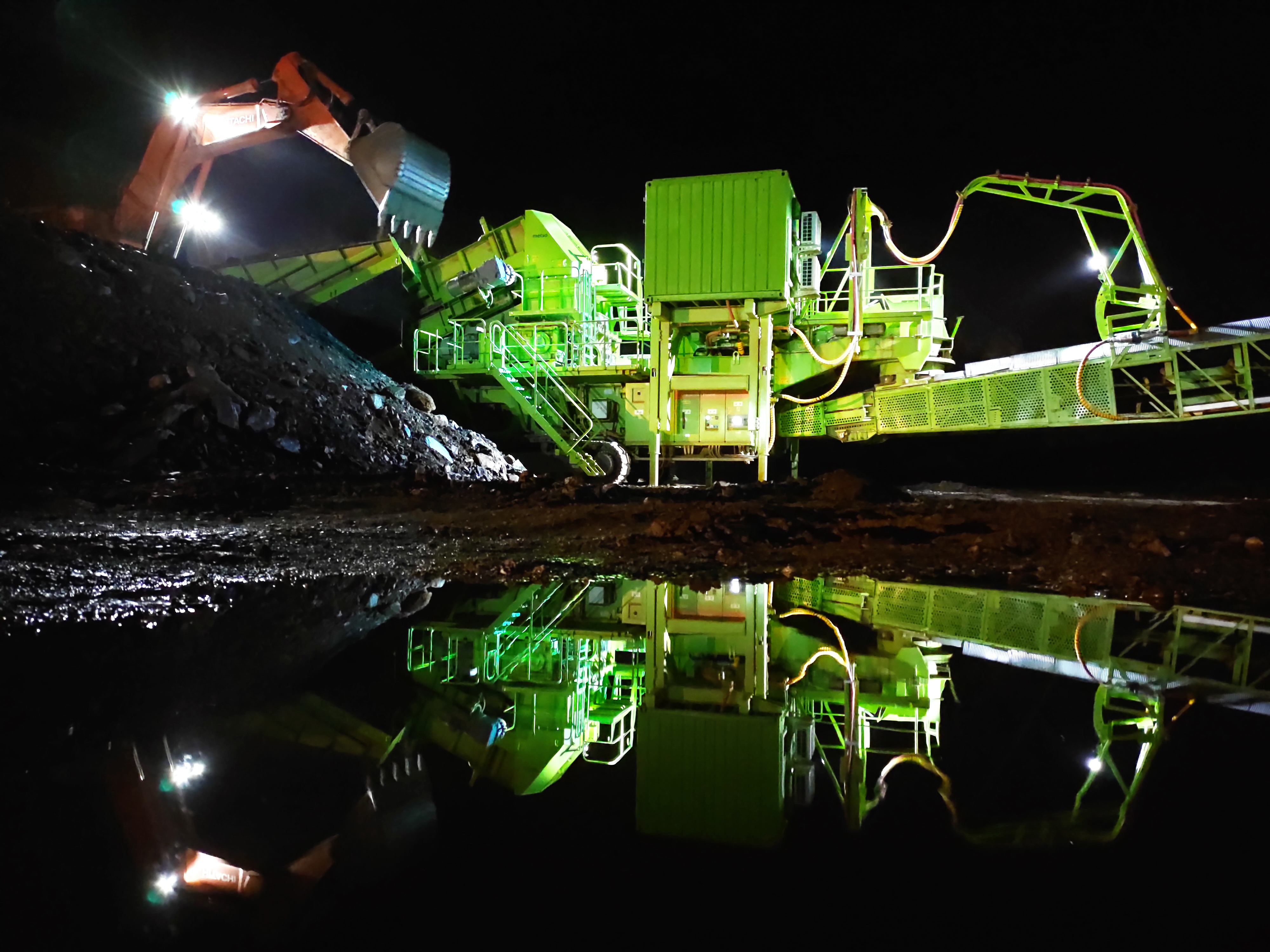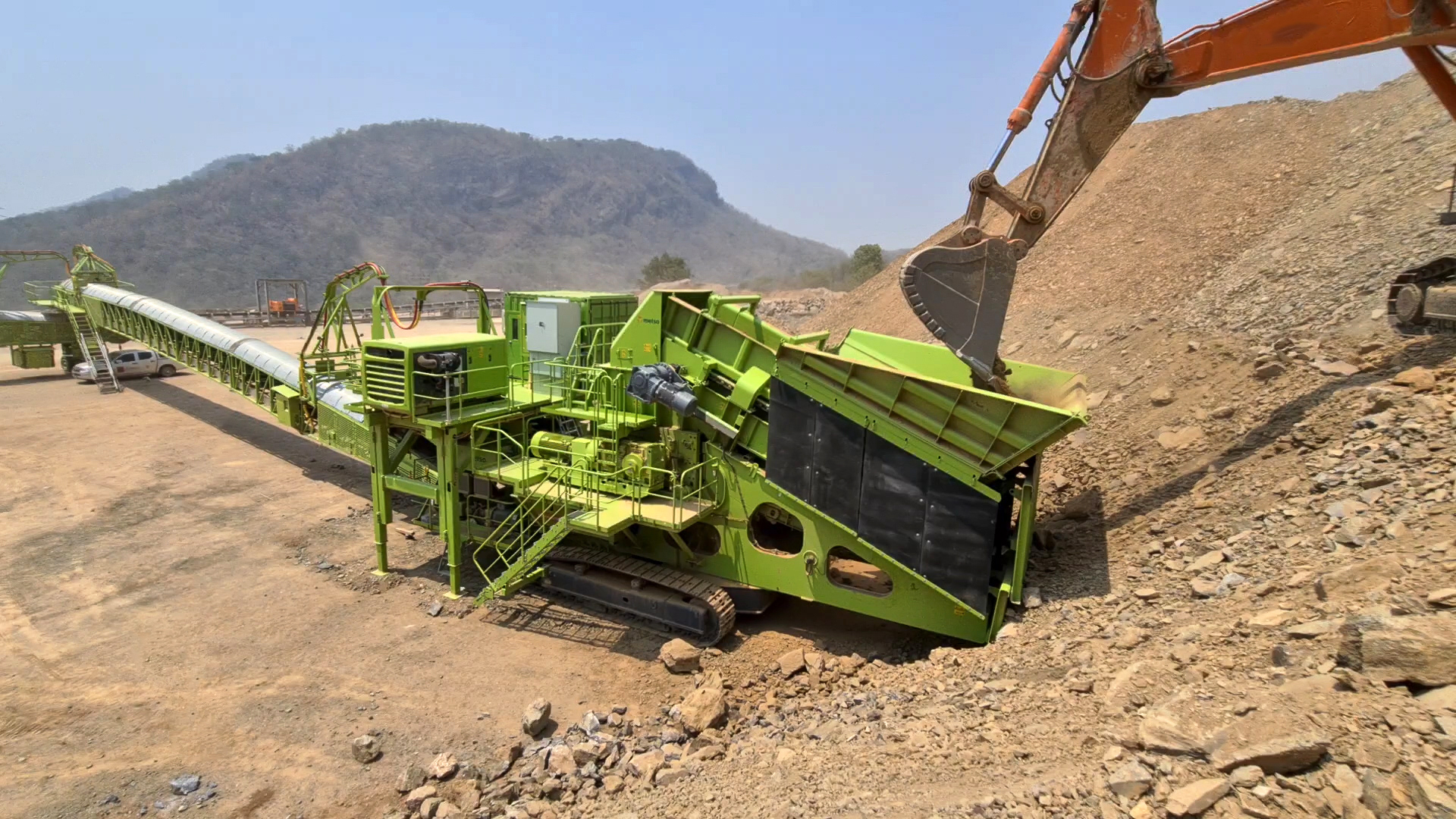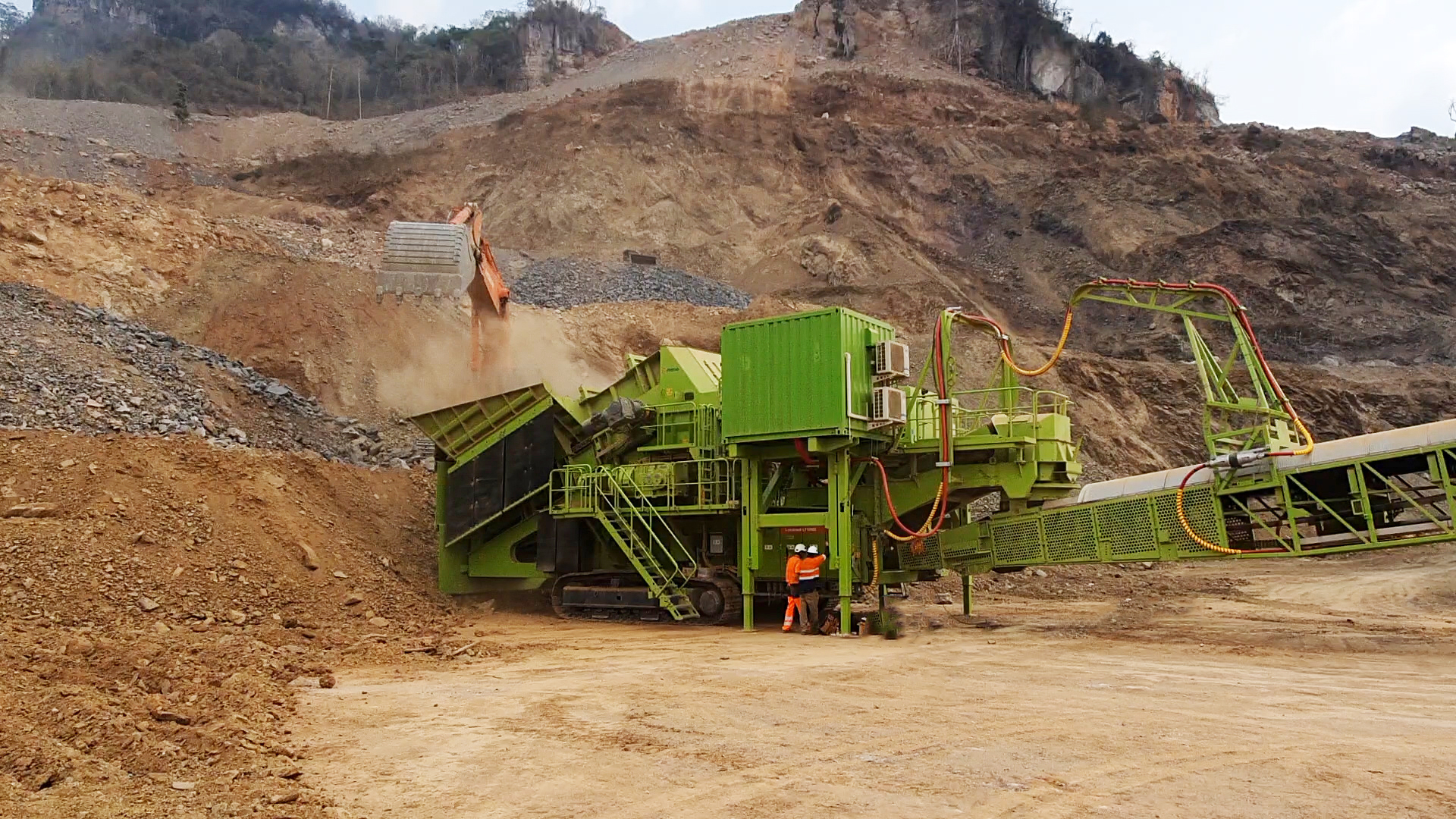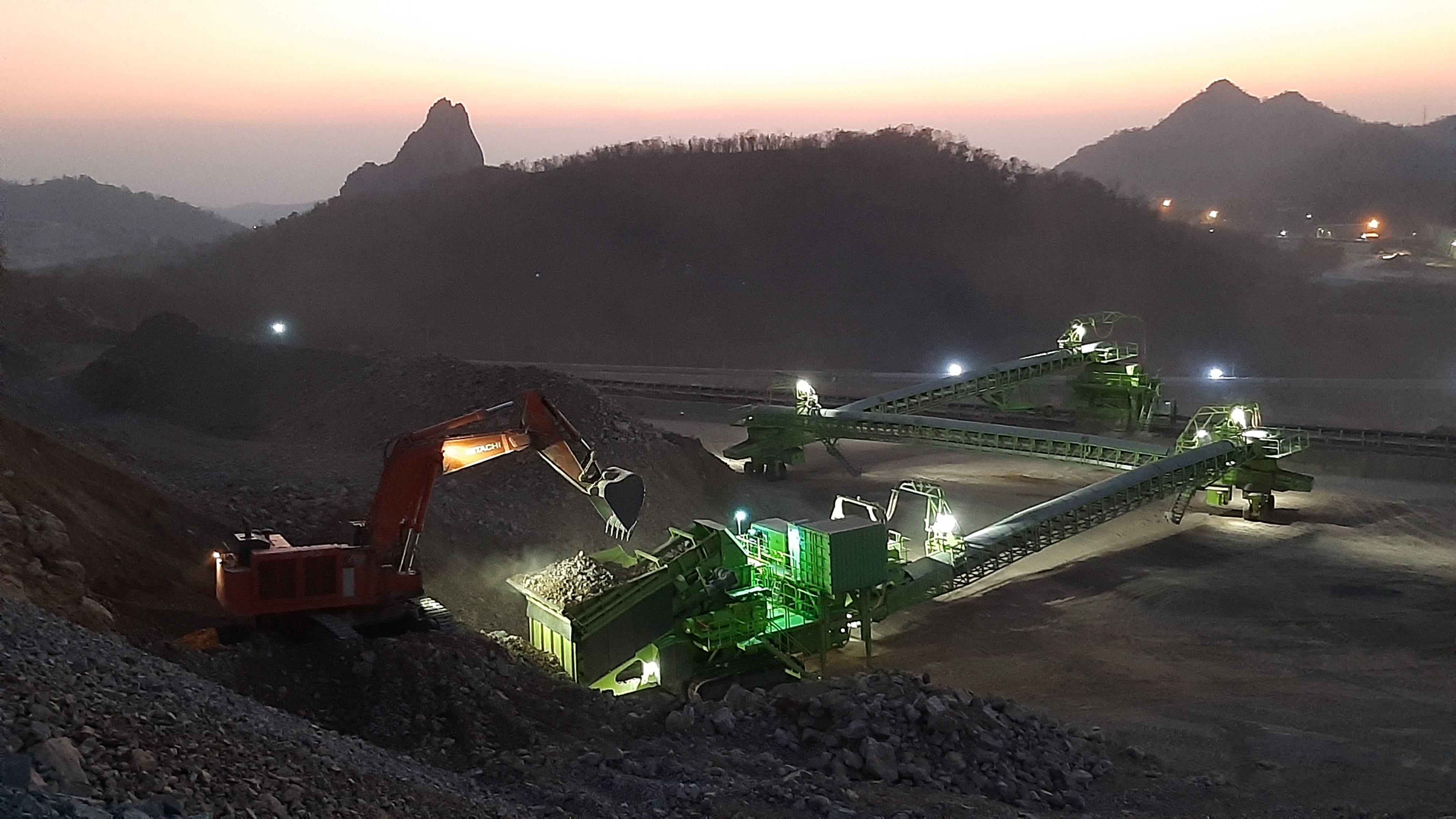Located 100 kms north of Bangkok, in the Saraburi province, lies the TPI Polene Public Company Limited cement plant. TPI Polene is amongst the top three manufacturers and distributors of cement products in all of Thailand, and has an impressive history in regards to plant sustainability.
TPI Polene was the first cement manufacturer to Thailand to be awarded an ISO 9002 Certification for surpassing industrial and environmental protection standards. On top of that, they were also the first cement manufacturer to be awarded the Carbon Label for both Portland cement and the mortar cement products. The Carbon Label demonstrates that the producer has proven data that demonstrates it has significantly reduced CO2 emissions. Additionally, the TPI Polene Group operate Waste Heat Recovery Power Plants, which generate electricity from waste heat emitted from TPI Polene’s 4 cement production plants. They use Refuse Derived Fuel (RDF) as fuel to generate electricity in its RDF-fired power plants. As a result, TPI Polene has become a power plant operator in Thailand, with the largest waste-to-energy power plant operations in the country and a renewable energy to enhance environmental efficiency.
Metso Outotec is built on partnerships
With sustainability in mind and the focus on lowering the carbon footprint of cement production, it is no wonder that TPI Polene has once again chosen to work with Metso Outotec, the partner for positive change. In 2008, our Thailand distributor, Uawithya, organized a series of IPCC seminars for various Thai cement producers. Since we have been working closely together for many years, Uawithya knew our capabilities and took the initiative to arrange for the series of seminars. After learning of the Metso Outotec IPCC offerings, TPI moved forward with Metso Outotec and implemented our IPCC systems into their operation. This was mostly due to the personal involvement of their CEO, Mr. Prachai Leophairatana, who is seen as a visionary leader for industries technology in Thailand.



